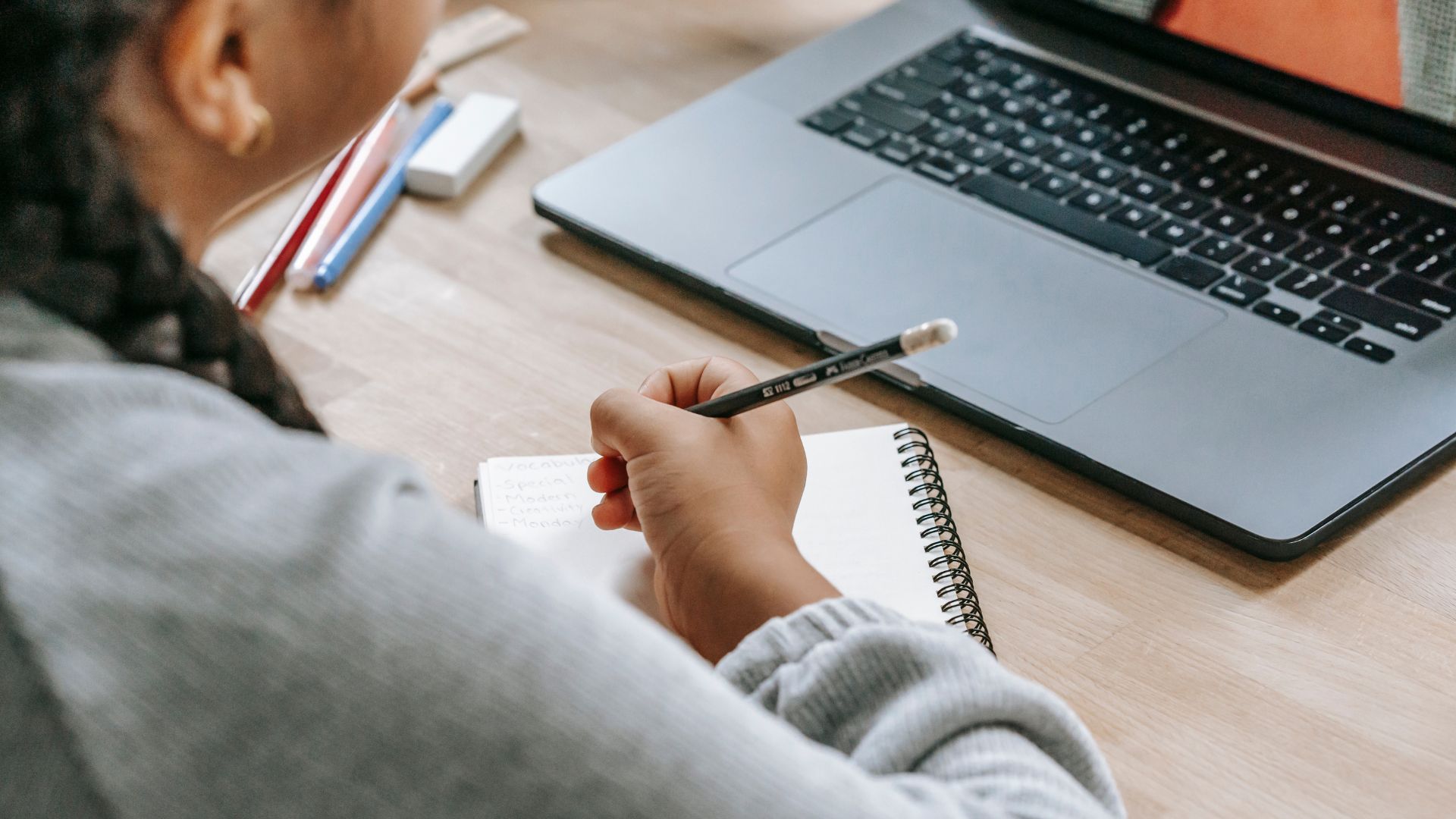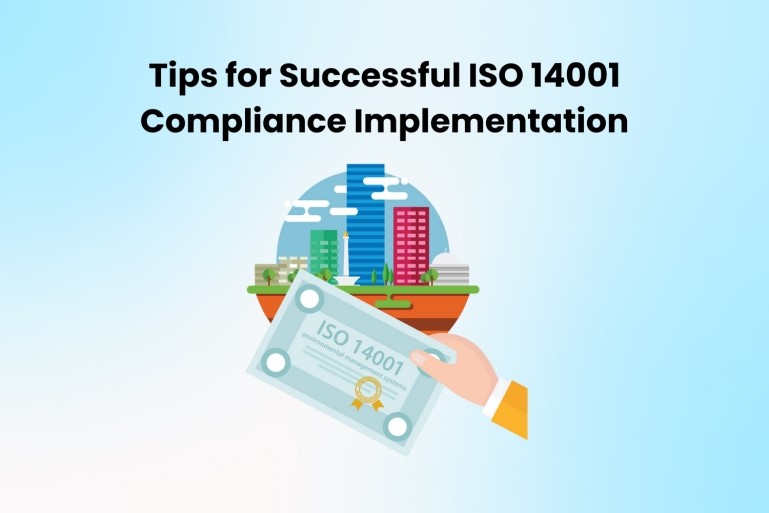A video recording of the instructor sharing the subject knowledge, to provide students with a better online learning experience is known as a video lecture. Here the instructor’s physical presence or appearance in the video is necessary. For selling courses effectively, and enhance the active learning outcomes, video lectures are very helpful. Educational videos can be of different types. It is divided into three types that are:
- An instructor speaks in front of the camera, pre-recording it for the students.
- A capture or recording of a live lecture
- Slides combined with voiceovers.
In this article, we will be reading about the first type, which is when an instructor explains a topic vocally and adds other visual elements for a particular time duration. This sums up video lectures. Let us discuss this in detail.
Benefits of video lectures
- Provides a better academic understanding
Only textbook material and reading PDFs are not very understandable to students. However, with the help of visualization, the brain captures the information better and more quickly. Video lectures can be watched as many times as students want. This makes concepts clear to them.
- An important learning resource for asynchronous programs
Many students opt for asynchronous programs too. Here students don’t get the opportunity to have real-time interactions with the teacher. Video lectures serve the purpose of instructor presence for such students. The video lectures provide students with a better self-paced learning experience.
- Accessibility and convenience
Video lectures can be accessed easily with a suitable networking device. At any time and from anywhere students can watch the video lectures and have a continuous learning experience. The video lectures can be downloaded and saved on phones or computers. Students can re-watch it as many times as they want. This offers great accessibility and convenience to the learners.
Steps to record video lectures for online learners
1. Keep the quality intact
No compromises need to be made with video and audio quality. If the video lectures are poor in quality, students lose interest and can face academic understanding issues. Online educators should record videos from a dedicated space and with appropriate tools.
- Choose a space that is free of environmental disturbances and distractions. Make sure it is calm, and quiet so that you can stay focused throughout.
- Invest in the right camera and microphone. This will help to record presentable and professional videos. Clarity of sound is important to maintain too.
2. Break lectures into the smaller units
Students have a short attention span and also learning via computer or mobile screens can be challenging too. If the video lectures are lengthy, it becomes difficult for students to focus. They leave the video in between only, which can affect their understanding. Long video lectures are more laborious, boring, and less effective.
Make sure to maintain the right duration. Instead of making one lecture for the whole lesson, divide it into a few small units. Focus on only one topic for each video. This will capture students’ attention and interest better. Make sure that the video lectures are in the right sequence. Give the link, number, or name of the next lecture at the end of every video.
3. Record a sample and self-check
For course selling effectively, you need to ensure that your video lectures are high in quality. Before uploading it on the app or sending it to the students, make sure that you self-check it first. Switch on the camera, start speaking and explaining a topic, and press the off button when done. Now watch your video recorded. See what places you lagged and what can be done for improvement. If you feel that editing will be enough for making an effective video, do that. But if you find more errors, record the video again. Stay confident, and be productive in this regard.
4. Embedded questions in between
You need to make sure that the recorded video lecture gives students the same feel as live interactions with the teacher. As in a live class, you ask students questions to check their knowledge and grow their applicative skills, the same needs to be followed here too. Make a worksheet, share it in the video, give students a few minutes and ask students to finish it there and then. Or you can say that now I will be sharing the important questions that you all have to do on this topic. Ask them to solve these questions before the next video upload.
Conclusion
For providing quality education in synchronous and asynchronous online courses, making video lectures is important. By following the above-mentioned tips, educators can record high-quality video lectures for students. This will surely contribute to the course’s success.










